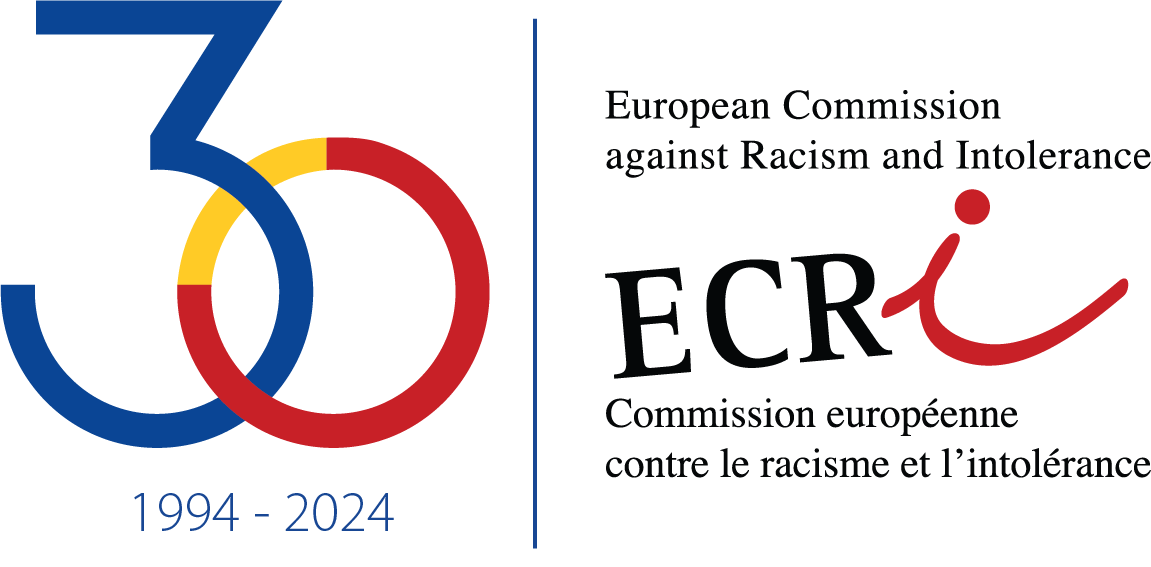Exposing Racism, Intolerance, and Inequalities
 ECRI 2024 Annual Seminar with Equality Bodies
ECRI 2024 Annual Seminar with Equality Bodies
 Date: 17-18 October 2024
Date: 17-18 October 2024
 Venue: Strasbourg – Council of Europe, Agora Building (room G.03)
Venue: Strasbourg – Council of Europe, Agora Building (room G.03)

The exceptional 2024 session of the annual seminar of the European Commission against Racism and Intolerance (ECRI) with equality bodies, which was organised in close consultation with the European Network of Equality Bodies (EQUINET) and the United Nations Committee on the Elimination of Racial Discrimination (CERD), provided an opportunity to take stock of 30 years of monitoring work and focus on two specific critical issues: i) racism and intolerance in health care, and ii) structural discrimination and institutional racism.
ECRI: 30 years of monitoring work
The year 2024 marks ECRI’s 30th year of existence. Since its first plenary meeting in 1994 in Strasbourg (France), ECRI has been carefully monitoring racism, intolerance and related discrimination in all Council of Europe member states. Over the past three decades, ECRI’s work has helped to shape national laws, policies and other measures aimed at ensuring effective equality and countering various forms of racism, including antigypsyism, xenophobia, racism against Black persons/people of African descent, antisemitism and anti-Muslim racism, as well as different forms of intolerance, including LGBTI-phobia.
ECRI has provided Council of Europe member states with guidance to prevent and combat these phenomena effectively by issuing general policy and country-specific recommendations. It has also consistently prompted action to set up or strengthen equality bodies to combat racism and intolerance at national level and supported the adoption of binding standards in this respect at the level of the European Union.



